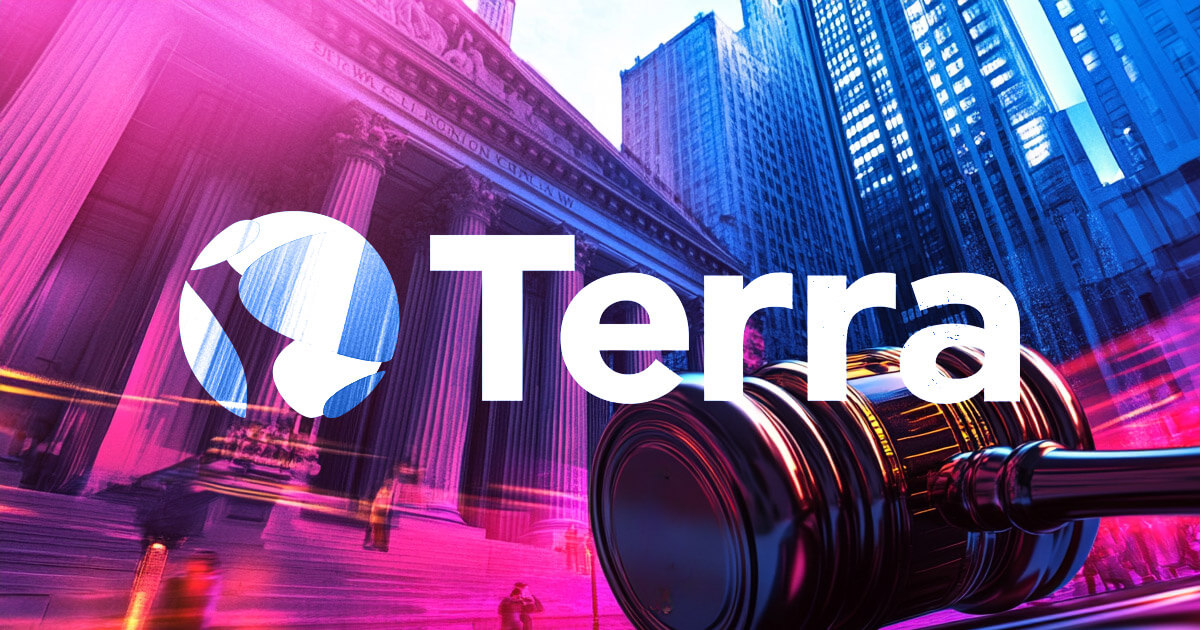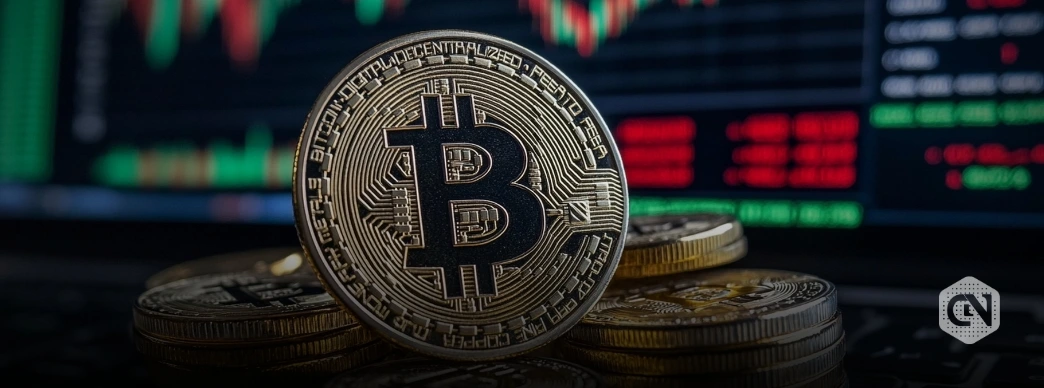Last week, almost all the key markets for digital assets in Asia got updates from local regulators. Lawmakers in Japan have decided to enforce stricter Anti-Money Laundering measures to trace cryptocurrency transactions from June 1.
According to reports, a vital feature of the new measures is the enforcement of the “Travel Rule” to keep a more accurate track of criminal proceeds. It requires any financial institution processing a crypto transfer over $3,000 to pass customer information to the recipient exchange or institution. The data should include the name and address of the sender and recipient and account information.
The South Korean government is implementing new laws requiring officials to report their holdings of cryptocurrencies like Bitcoin (BTC). The amendment to the National Assembly Act officially places cryptocurrency on the list of registered property by lawmakers. The amendment to the Public Service Ethics Act also obligates high-ranking public officials and members of the National Assembly to disclose cryptocurrency assets.
The Hong Kong Securities and Futures Commission (SFC) announced it would soon allow licensed platforms to serve retail investors. According to the regulator, virtual asset trading platforms willing to comply with the SFC’s proposed guidelines are welcome to apply for a license.
While China’s legal stance on crypto remains prohibitive, Beijing’s municipal government has unveiled a white paper to foster innovation and advance the Web3 industry. The document recognizes Web3 technology as an “inevitable trend for future Internet industry development“ and emphasizes Beijing’s intention to enhance policy support and expedite technological advancements to foster the industry’s growth.
Crypto should mimic TradFi rules, according to IOSCO
A major global securities watchdog, the International Organization of Securities Commissions (IOSCO), is working to help policymakers regulate cryptocurrency more effectively. Its recent report includes 18 policy recommendations to help global securities regulators address market integrity and investor protection concerns arising from crypto.
IOSCO encourages global regulators to analyze the applicability and adequacy of their crypto regulatory frameworks and the extent to which they behave like substitutes for regulated financial instruments. Regulators should apply such an approach to all types of crypto assets, including stablecoins like Tether (USDT), the authority noted.
Continue reading
Bail revoked for Do Kwon after prosecutors in Montenegro appeal
Terraform Labs co-founder Do Kwon and former chief financial officer Han Chong-joon will not be released on bail in Montenegro after prosecutors appealed the decision. The fugitive crypto executives were granted release to house arrest on 400,000 euros ($435,000) bail each by the Basic Court in the Montenegrin capital Podgorica on May 12. The bail terms were proposed by their defense team. Prosecutors appealed the ruling to the High Court the following week.
In the meantime, both South Korean and United States authorities have sought Kwon’s extradition, and he also faces charges in Singapore. U.S. prosecutors have filed eight charges against Kwon, including commodities fraud, securities fraud, wire fraud, and conspiracy to defraud and engage in market manipulation.
Continue reading
Norway could go its own way on crypto asset regulation
Norges Bank, the central bank of Norway, has released its annual “Financial Infrastructure Report,” in which it devoted a considerable part of the report to crypto assets and the question of whether Norway should depend on international regulatory examples to control its market. The European Union’s Markets in Crypto-Assets regulation will come into force in a year or two, and it “will probably also apply to Norway.” However, “the Ministry of Finance will assess EEA [European Economic Area] relevance and implementation in Norway,” Norges Bank noted. Norway is a member of the European Economic Area but not the European Union.
Continue reading
Credit: Source link















































